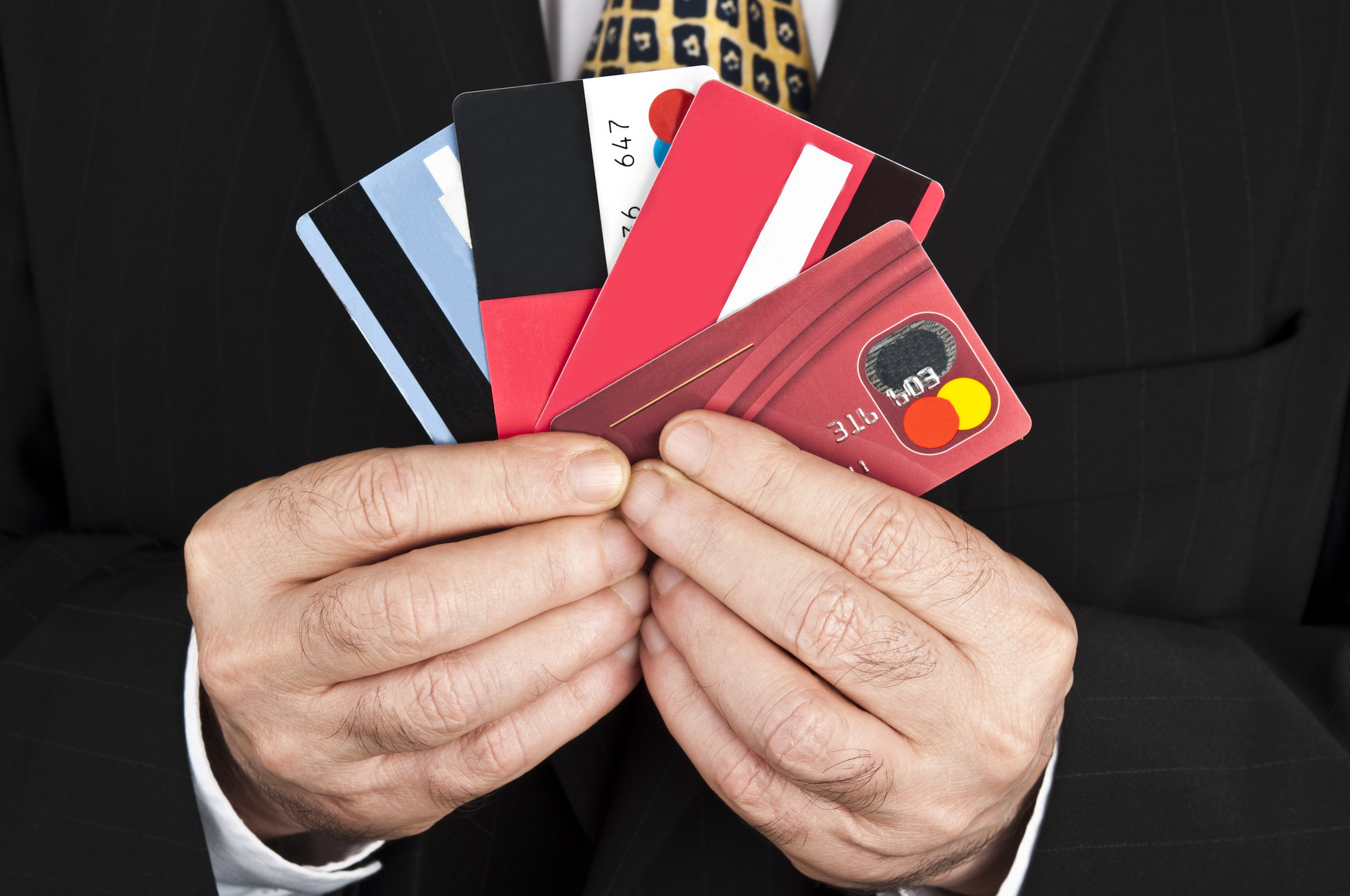Credit cards are used by many consumers for their daily purchases, but they are also a valuable tool for business users to make purchases with business credit cards and track expenses.
In fact, many major credit cards come in a version for personal use as well as a business version.
The differences
What are the differences between personal and business credit cards?
The differences can be very little, or quite a lot. On one end of the spectrum are cards such as the Delta SkyMiles Gold personal and business cards from American Express that are nearly identical. They both offer the same rewards and benefits, but one is labeled personal and the other is for business.
On the other end are credit cards that are only offered in versions for business users. These products, like Chase’s Ink line of cards, have features and benefits tailored to the business user.
These business credit cards offer additional points for common business expenditures such as telecommunications services and office supplies while providing additional tools to track business expenditures.
Perhaps the only substantive difference between personal and business credit cards is related to the CARD Act of 2009. These reforms greatly restricted credit card industry practices that were seen as being unfair to consumers. In an interesting twist, this legislation only affected personal cards and left business credit cards exempt.
Business credit card issuers can first apply payments to the portion of the card holder’s balance with the lowest interest rates, and there are few restrictions on penalty fees. Cardholders are still personally responsible for their charges and cannot simply write off charges.
Who can get a business credit card?
Small business owners are frequently depicted as the typical user of business credit cards, but many others are eligible.
Some people use business credit cards to charge expenses when traveling for their employer. This allows them to segregate their reimbursed travel expenses from their personal finances.
[pull_quote align=”left”]Anyone can apply for a business credit card by providing their Social Security number in the application as a sole proprietor.[/pull_quote]Actually, anyone can apply for a business credit card by providing their Social Security number in the application as a sole proprietor. In fact, many business credit card applications now ask for either an Employer Identification Number (EIN) or a Social Security number.
This allows people to obtain a business card for small enterprises such as occasional freelance work or just buying and selling goods online. Some simply use business cards to exploit generous sign-up bonuses or valuable rewards from spending.
Other types of business credit cards
There is another type of business credit card called a corporate card. These cards are only offered to large businesses or government entities, and they operate in a fundamentally different way than personal or business cards.
With a corporate card, the organization uses its line of credit to open an account, and its members can then be authorized to hold the card.
Cardholders are not liable to the card issuer for their charges, but they are responsible to their employer for following approved procedures for its use.
Buy understanding how business credit cards work, you can choose the correct product for your individual needs.




